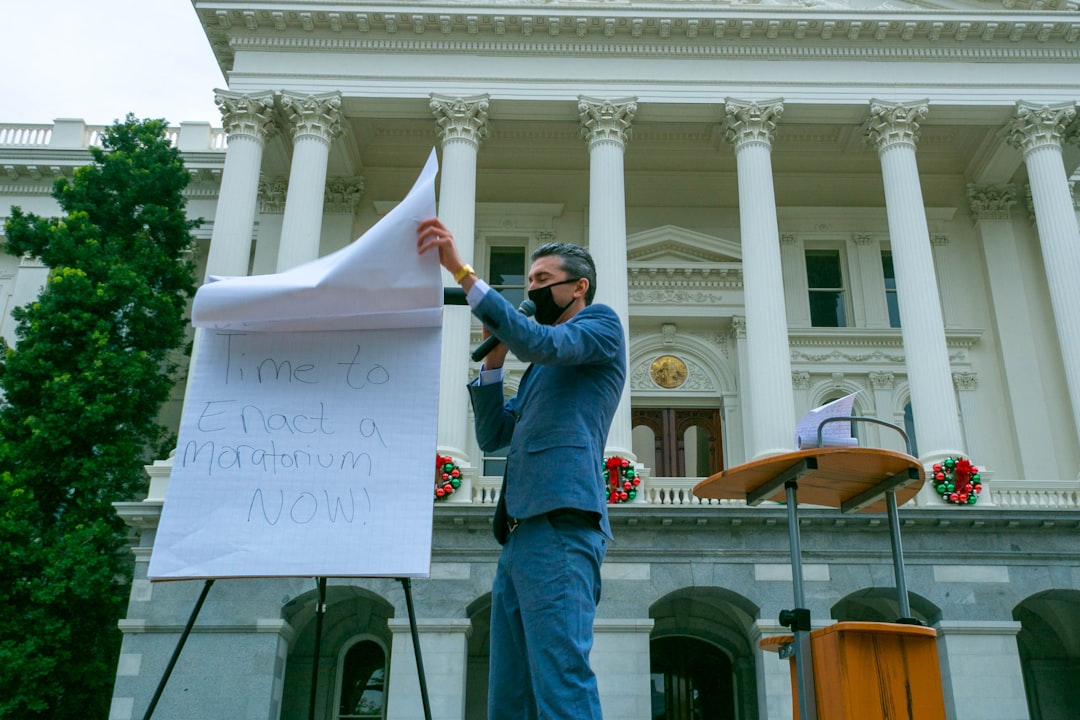What is it about?
To evaluate a new approach towards tackling the undeclared economy, which views participants as social actors rather than rational economic actors, this article reports evidence from 27,563 face-to-face interviews conducted across the European Union during 2013
Featured Image
Why is it important?
Multilevel logistic regression analysis reveals a strong association between participation in undeclared work and the level of tax morale. Finding that higher tax morale (and thus a lower propensity to engage in undeclared work) is strongly correlated with greater levels of state intervention but also with individual-level characteristics such as gender, age, education and employment status, the article concludes not only by confirming a political economy approach and refuting modernization and neo-liberal explanations and remedies, but also by revealing for the first time the importance of solutions not so far considered, including improving educational attainment, older citizens mentoring for younger people and improving women’s participation in the labour force.
Read the Original
This page is a summary of: Tackling the undeclared economy in the European Union: an evaluation of the tax morale approach, Industrial Relations Journal, June 2016, Wiley,
DOI: 10.1111/irj.12142.
You can read the full text:
Contributors
The following have contributed to this page










